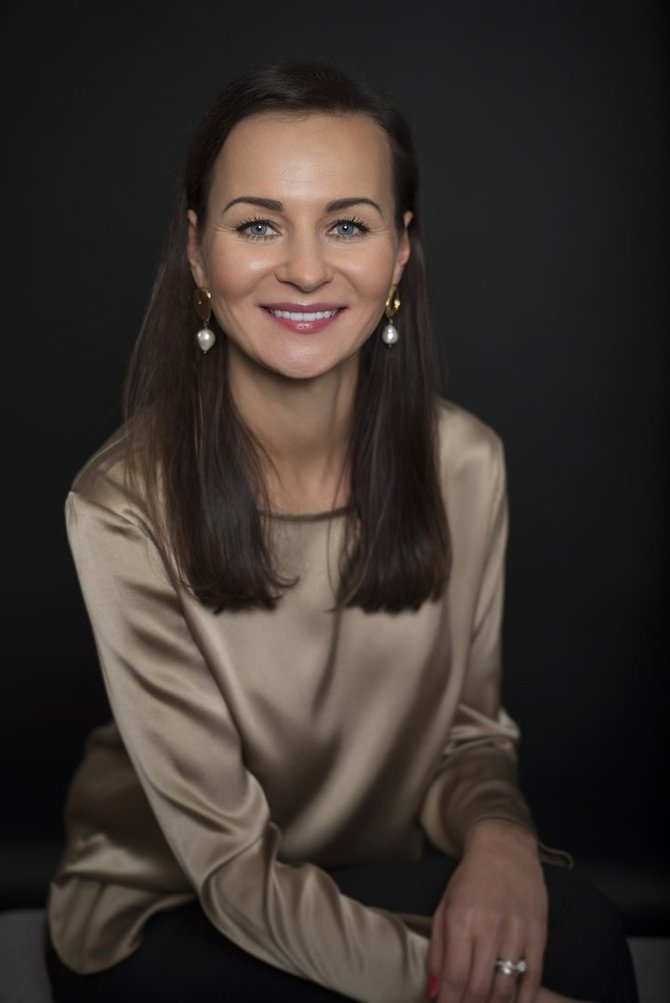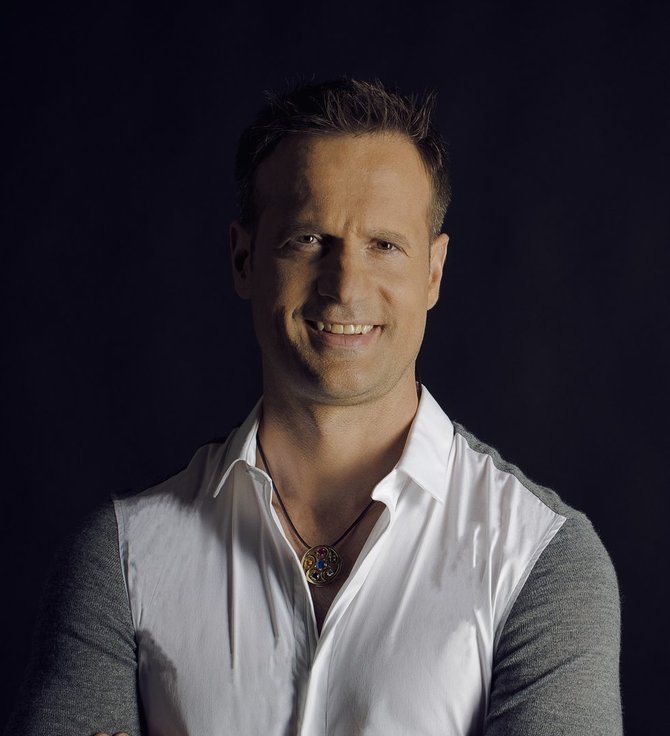Adaptation and innovation in thoughts, actions and processes have become part of everyday life, a new normal. The concept of comfort has gained a new meaning in terms of both content and duration. Most things became simpler and more tangible and this shift did not take a decade – now on, everything goes faster. The general context is especially favourable for outlining the most important issues and making the strategic shift on the daily agendas of leaders (founders, CEOS) and staff members.
From annual strategies to quarterly goals
The recent uncertainty and environmental dynamics have led to a fundamental need for a quick feedback on how we are doing. This applies to both leaders and staff members. Thus, it is clear that annual evaluation interviews and the development of annual company strategies no longer works. It is definitely too long to get quick feedback when seeking to “measure” success and adjust one’s actions.
The current trend in the business world is quarterly sprints. The ability to plan one’s activities for a quarter under conditions of vast uncertainty and flexibly, effectively adapt to changing market, company and staff need every month or even every week have become the new normal. Those, who managed to intuitively adapt to quarterly planning, abandon solutions and processes that do not create value, directing resources to the most important areas of operation, sprint when needed and rest in between, have already won. Those who cling to previous annual plans, filing forms for process servicing, imitating full-time work without stepping away from the computer or who are unable to draw up clear work-rest boundaries remain frustrated. What scenario do you choose?
For some, the “new year” in Lithuania will only start soon – from March or April, when they will be able to return to work physically after quarantine restrictions are relaxed. Will these businesses have already learnt the quarantine’s lessons, or will they continue planning annual strategies? They will discover their answers themselves.
From 5D to 3+2D formula
The five day work week has already turned into an old memory for most offices. It is clear that flexible forms of work will remain even after the quarantine. An irreversible change has already occurred. The new trend is 3+2D, which is three days of work at the office and two – remotely. If you don’t work with the ambulance or aren’t a hairdresser but still deny it inside, take a moment and listen. A person who worked remotely for most of the quarantine will now be thinking on which day or two of the workweek he would like to work from home. Losing the option of working flexibly, he will likely feel demotivated and even inclined to change jobs.
Research shows that the option of choosing flexible forms of work helps create a sense of autonomy, which is a trigger for the flow (high energy) state. Autonomy encourages creativity, greater immersion in the work, which increases productivity, leads to greater personal responsibility and ownership of the results, which eventually increases work satisfaction. Obviously, remote work poses new challenges to leaders and personnel chiefs on how to cultivate a team spirit at the office.
3+2D helps to save on expenses for office rent because fewer physical workspaces are needed when rotating team members. What do savvy employers do? They gift the saved office rent costs to their employees in ways that appeal to them. For example, every month, an individual can take 1-2 days of paid leave for active physical recovery, regaining psychological balance. After resting, the staff member can once again demonstrate high productivity, which creates measurable value for both sides, including greater confidence and satisfaction with work.
From mental to physical exercising
The new normal has brought new challenges. Most have experienced how their heads “boil” when sitting for long hours at the computer without even having a pause between meetings. The boundary between work and the home office has become less of a line and more of a fog.
Previously, it was natural to physically move to a different space during live meetings, thus at least minimally moving, catching a breath of fresh air, exchanging a few words with your colleagues, informally chatting with clients over a cup of coffee or tea or going out for a walk. Due to a lack of physical activity, hormonal imbalances occur, the metabolism slows, sleep suffers and in turn - productivity, satisfaction with work and the quality of life - all decrease.
Lately, there has been an increase in demand for smart devices, which provide data on a person’s physical activity, sleeping phases, heart rate recovery and other biological parameters. A person who receives quick feedback on their body activity parameters can react and adjust their daily agenda in a suitable direction. First of all, it is worth dedicating time to regular physical exercise. Studies show that after just 30 minutes of cardio exercise the body lowers cortisol (stress hormone) levels, release “feel-good” neurotransmitters – serotonin and endorphins. Secondly, when sitting for extended periods, it is advised to move at least every 40-60 minutes, which helps activate the body’s systems to function smoothly. Thirdly, it is advised to dedicate time to stretching and breathing exercises, which relax tense muscles, reduce latent tensions, calm the parasympathetic system and balance hormones. With enough movement, the body’s energy begins to gradually recover, one’s mood, sleeping and general wellbeing improve.
From tough to conscious communication
In the current context, tough communication, particularly remotely, does not yield the desired results. Quite the contrary – it acts as a toxin in a team that is already physically and emotionally detached. After all, we seek unity, common belief in the company’s success, innovative proposals, creative solutions and emotional involvement when implementing it all. All this is blocked when emotional radiation lingers in the air. Hard communication methods serve to even further deepen tensions, exaggerate the issues and divide the team.
Conscious, attentive and open communication could be the key to resolving difficult issues and situations. A leader’s ability to show their vulnerability (admitting that they are uncertain and have no answer or solution at the given moment, that they are exhausted, irritated, lacking deep rest, having unresolved personal issues and so on), earnestly opening up to the team – this is not a weakness. On the contrary, it can act as a catalyst for uniting the team and deepening ties between them. Open communication is one of ten group flow triggers when the team feels the best and performs the best.
From auto-pilot actions to search for meaningful business
There are companies from which staff members depart simply to nowhere. This is a consequence of lacking a clear emotional beacon, which would be a driving force for the entire team, when the company culture fostered by the leader or leader team is fundamentally unsuitable, including the aforementioned tough communication.
Over the coming five years, questions of a deeper meaning for a company’s existence will grow even stronger. Is the company truly creating necessary and meaningful value through its activities? Does it help resolve relevant problems for the community, the city, the state or the world? Does it match the challenges, both existent and future? If it is already hard to answer the questions or if you can’t see the company’s emotional beacon in the fog, this is the right time to pause and rethink where you are heading to, clarify key elements in your and your company’s agendas.
“World-class online FLOW Hacking programme for Founders/CEOs with preventative medicine, innovative technologies and neuroscience-based practices was one of the best decisions in personal growth journey”,-said most participants from different countries. New “currency” for your company is your personal vitality. Signs of lack of vitality are: long term fatigue, poor sleep and little sense of enjoyment. Join the international community of business athletes.
Remigijus Savickas, Flow Hacking Programme Mentor, Personal Shift Strategist
Lina Kraučiūnienė, Flow Hacking Programme Facilitator and Coach














